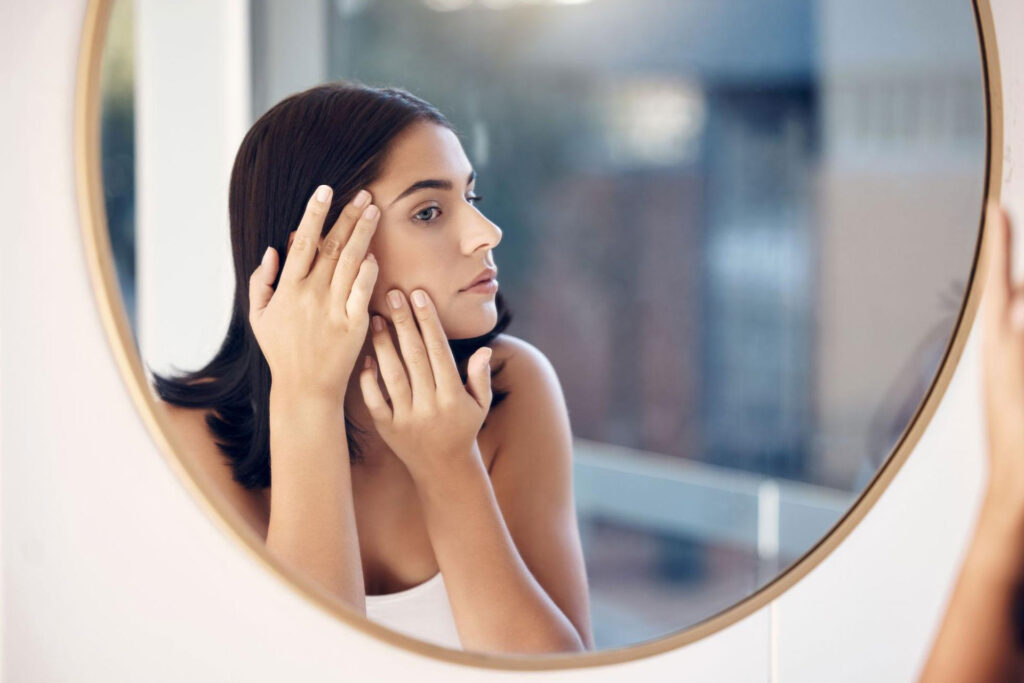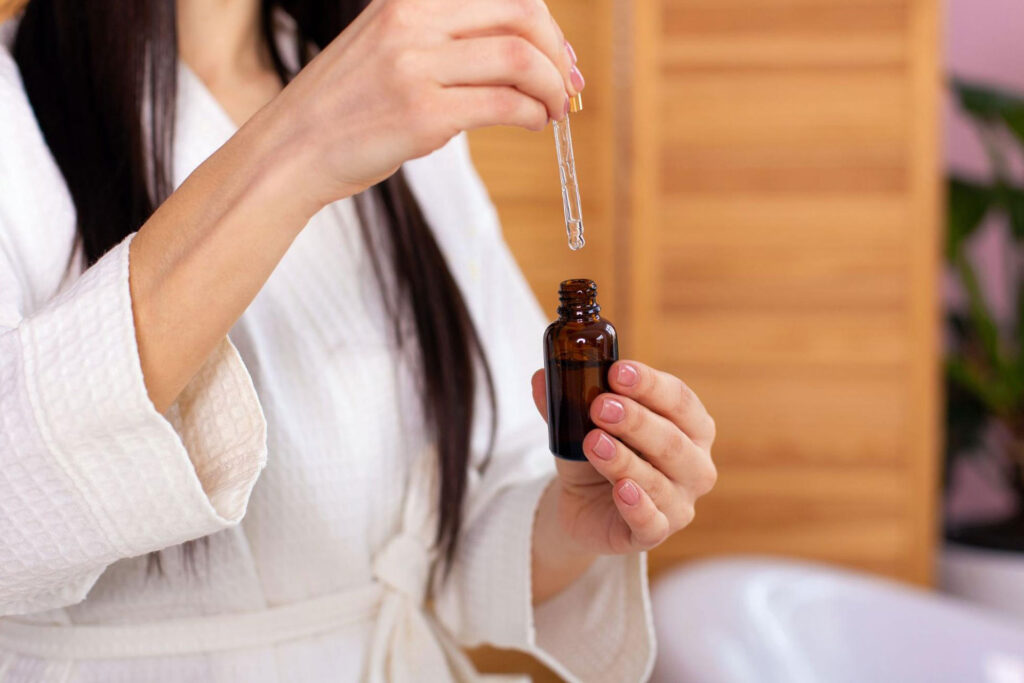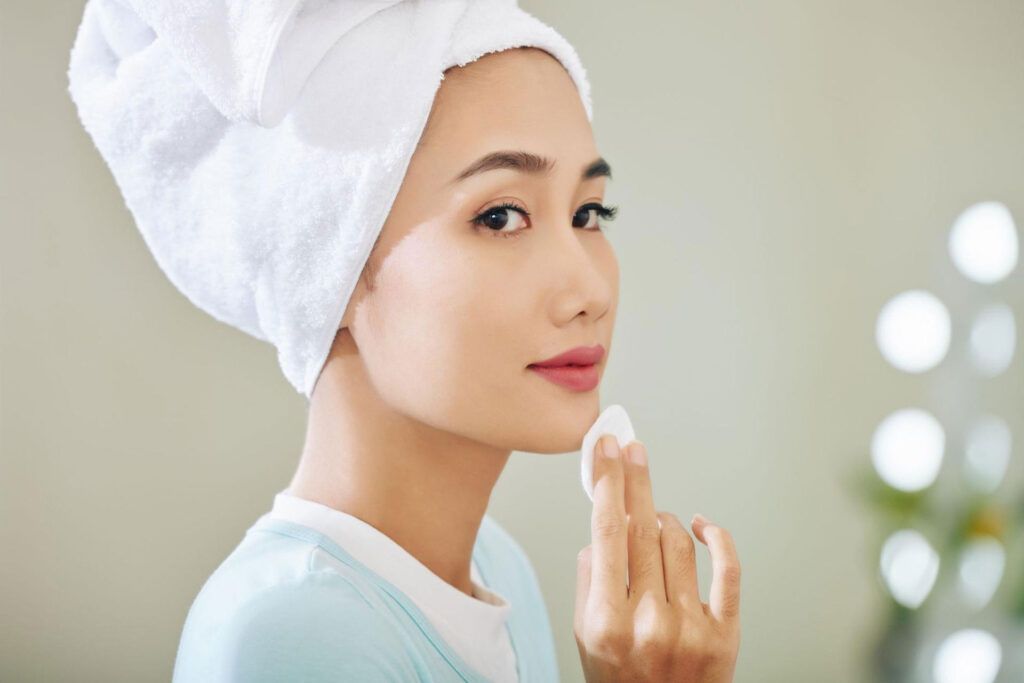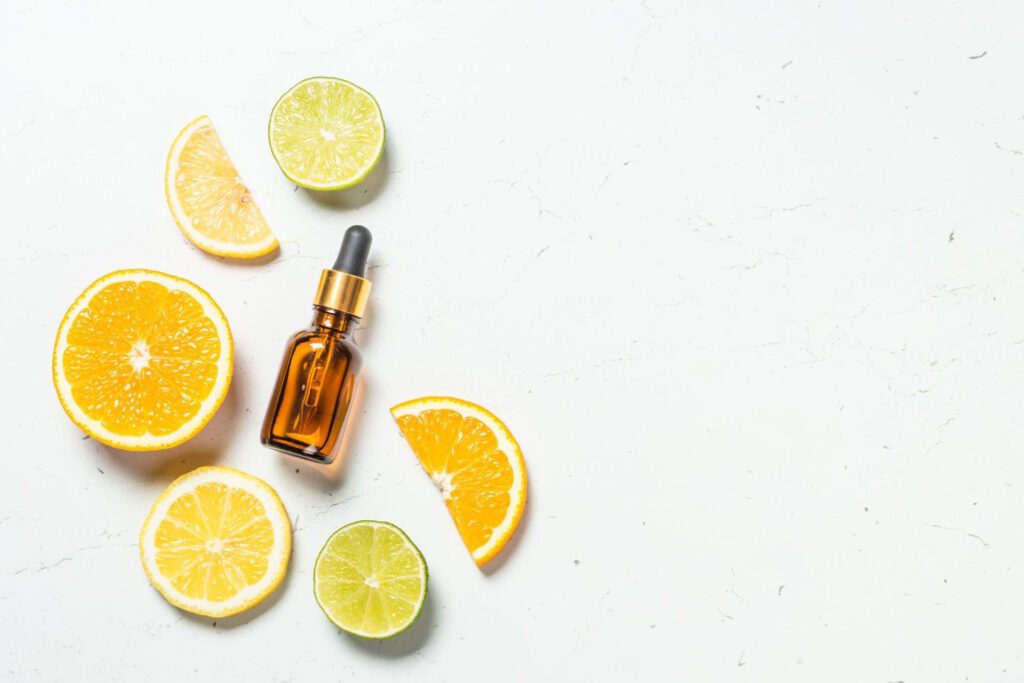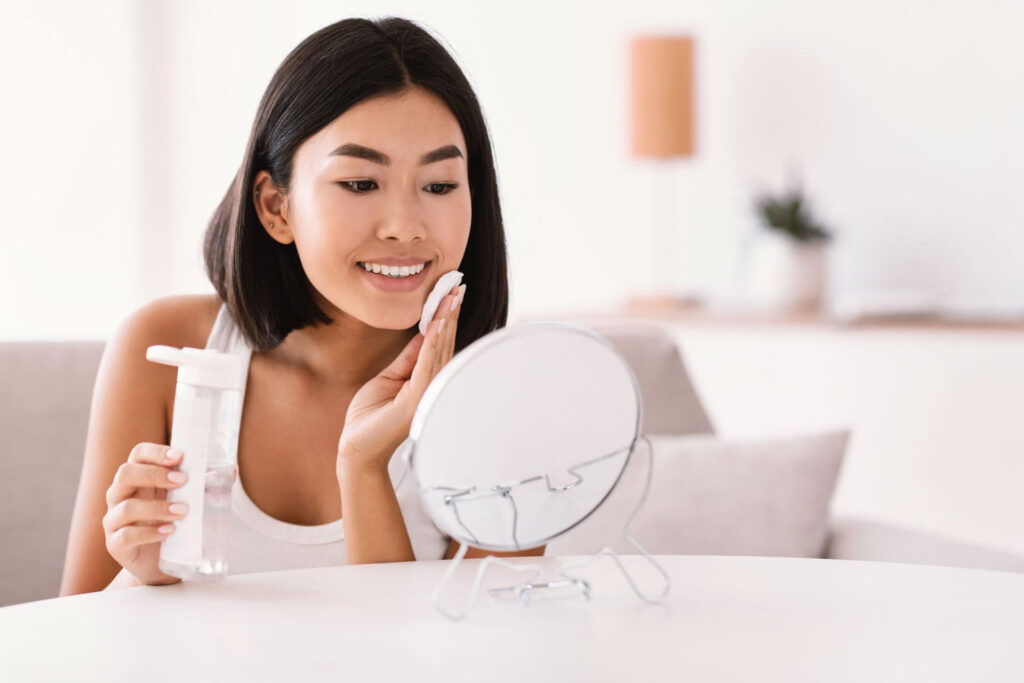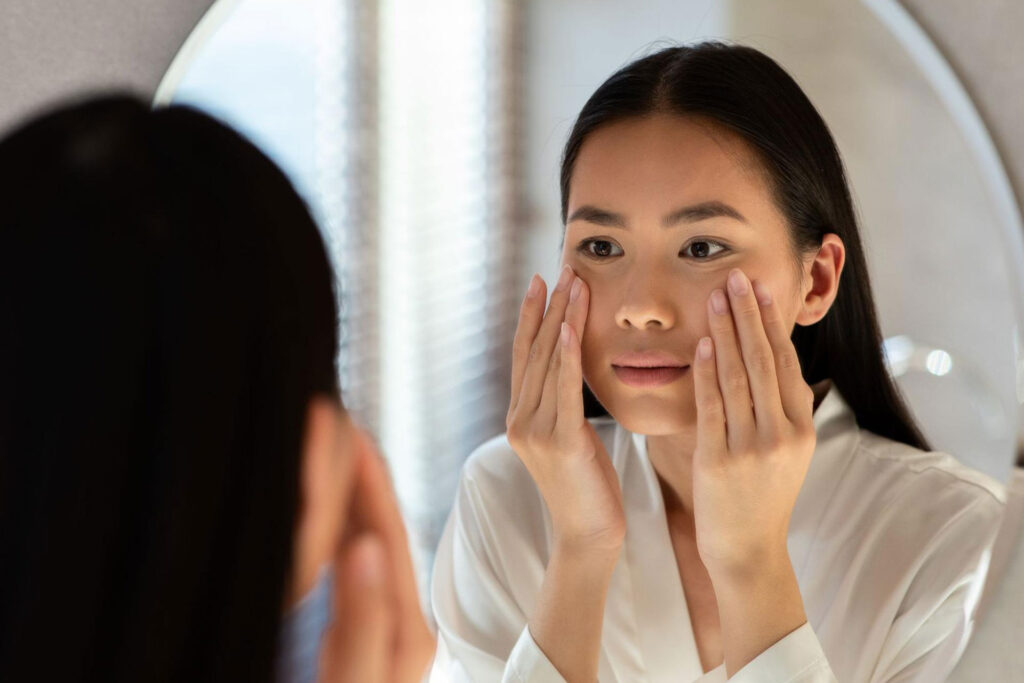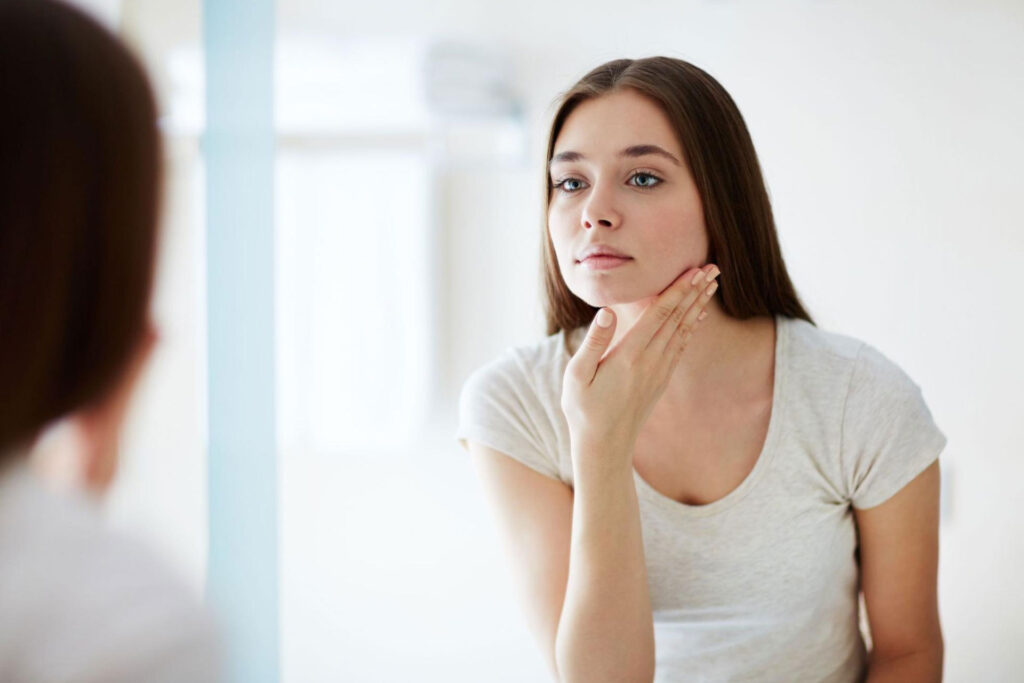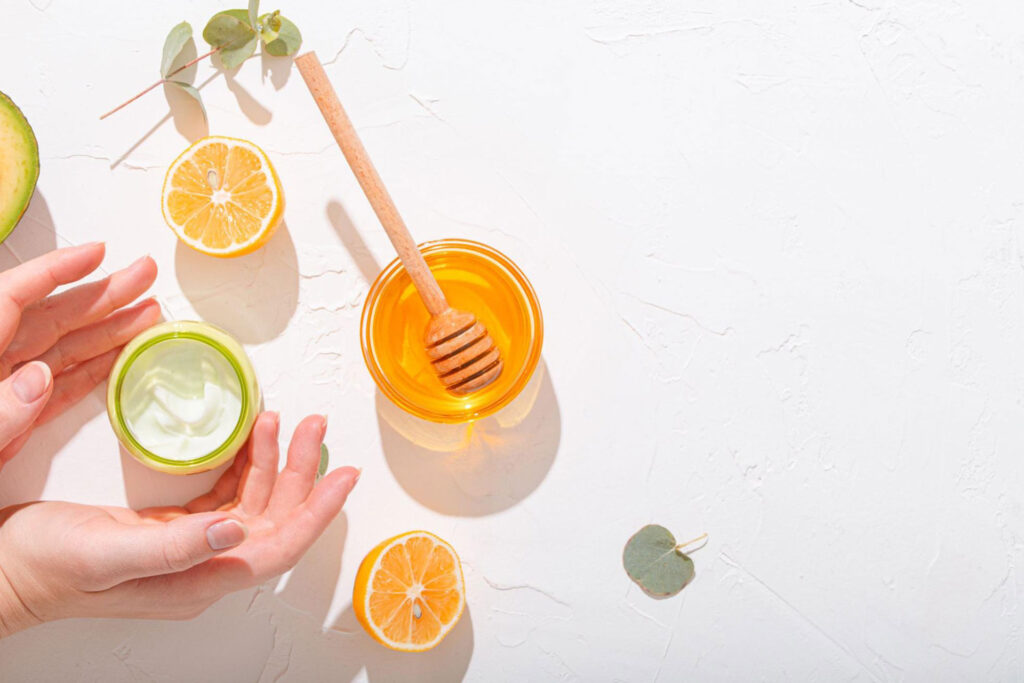How to Prevent Maskne: 10 Useful Tips
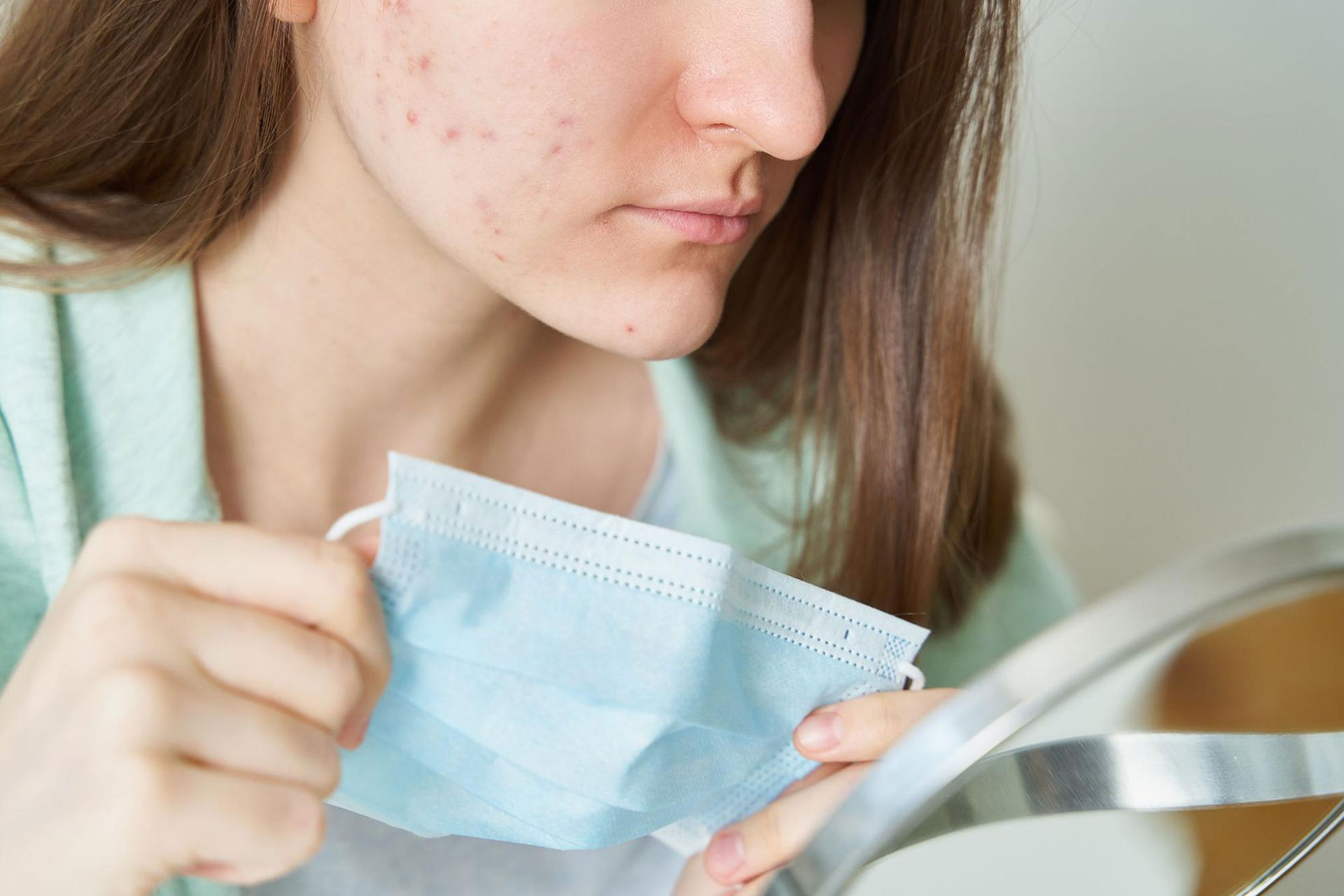
If you’re wondering whether or not maskne is real — well, it is real and it does happen. The term “maskne” or mask acne isn’t a new thing either, however, it became widely used when the pandemic started and people had to wear face masks all throughout the time they’re outside. While wearing masks during COVID-19 may be a safety precaution to reduce the spread of the virus, most of us can still probably agree that wearing them for longer periods of time can take a toll on the skin — triggering breakouts and acne.
Maskne is caused by trapped sweat and humid moisture when wearing a face mask. What’s worse is that if you already have an existing acne on the area being covered by the mask, the trapped moisture and sebum can further irritate the skin, triggering new breakouts by clogging the pores. Other potential causes of maskne also include friction from the mask because of frequent rubbing against the skin as well as if the person is allergic to certain mask materials.
So now the question is: how do you prevent maskne? Here are some useful tips that can help you reduce chances of developing maskne:
1. Make it a Habit to Change Your Mask
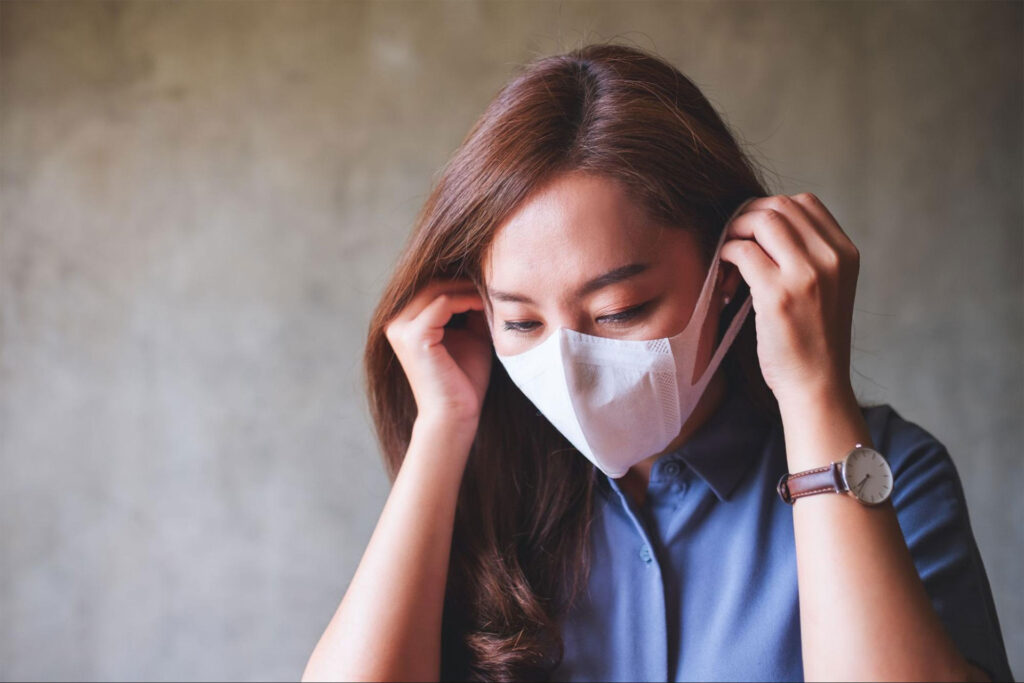
Preventing maskne can be as simple as changing your mask, most especially if you usually go with disposable face masks when going out. The areas (nose, chin) covered by the face mask can easily trap oils, sweat, and dirt, which can irritate the skin, clog pores, and lead to breakouts. If you use reusable face masks such as those that are made of fabric, make sure to wash it and use a clean one every time you go out and bring some spare just in case.
2. Wash Your Face With a Gentle Cleanser
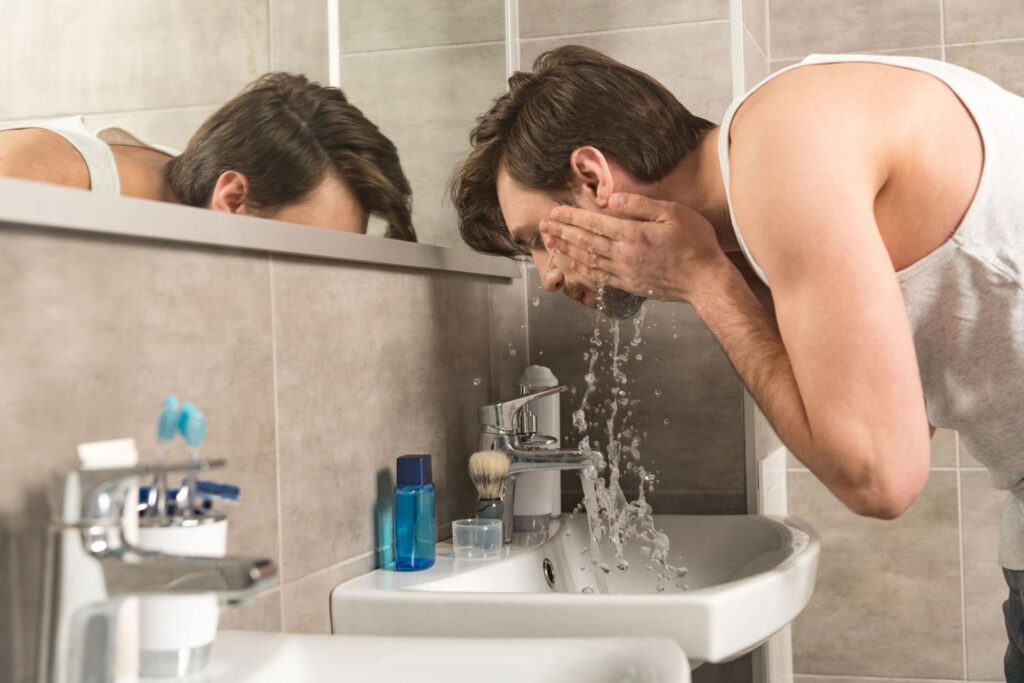
Wearing a face mask without washing your face first is a big no-no! It can irritate your skin since there is already a possibility of oil and sweat buildup that can result in breakouts. Make sure to wash your face with a gentle cleanser twice a day, one in the morning and the other, in the evening to remove excess oil and dirt. Choose a cleanser that doesn’t strip off or dry the skin because it makes your skin more sensitive and prone to irritations.
You can also gently wipe or pat off sweat or oil if there is any before putting your mask back on. It’s worth noting that maintaining a clean skin can lessen the tendency of your pores getting clogged — hence, helping you prevent maskne from escalating further.
3. Steer Clear of Harsh Skincare Products
If you noticed that you have been developing mask acne, it’s best to steer clear of harsh skincare products as this can only make your skin more sensitive and prone to irritations and breakouts. Check the list of ingredients first and avoid skincare products that contain fragrances, parabens, and more because they can cause irritations.
Related: 11 Skincare Ingredients You Should Avoid
4. Avoid Touching Your Face Unnecessarily
If you have a habit of touching your face randomly with unwashed or unclean hands, now’s the time to try and stop it. It may be difficult to put away at first, especially when it has become a habit, but it’s one of the ways you can prevent acne from multiplying on your face. Touching your face unnecessarily and pricking, picking, and poking your pimples is never a good idea. This is because it can clog your pores and spread oil from one part of your face to the other, resulting in acne breakouts.
Again, to be clear: touching your face with clean hands is okay, but touching or harshly rubbing it with dirty hands is definitely not okay. Bear in mind that our hands aren’t really the cleanest since we touch a lot of things, so it can easily catch bacteria and germs that can cause irritations, allergic reactions, or acne.
Related: Breaking the 9 Bad Skin Care Habits That You May Have
5. If Possible, Don’t Put Makeup
It can get more sweaty and humid under the face mask, so wearing makeup on your face can easily clog your pores and irritate the skin. That’s why if possible, don’t put makeup on your face. But if it’s a necessity, opt for makeup products that are non-comedogenic as they are initially designed to not clog the pores. To keep the foundation or concealer from rubbing off on the mask, you can also switch to using more sweat-proof products or try to avoid wearing heavy makeup formulas.
6. Look for a Mask That Will Fit You
Not only does wearing the right face mask provide you with the right fit and comfort while protecting you from the virus, but it also gives a cozy fit on the area of your face being covered by the mask, keeping your skin from getting irritated and triggering acne. Most of the time, if the mask sticks too tight on your face, it can quickly trap sweat and humidity, particularly if you’re out in the sun — which irritates your skin.
Be mindful of the fabric of your face mask since it can also potentially give rise to maskne. Don’t use synthetic fabrics such as rayon, nylon, and polyester because they can irritate your skin and trigger breakouts.
7. Lessen the Mask Friction
Skin irritation and other discomfort in wearing a face mask often starts with the friction between the mask and your skin. You can lessen the friction and prevent the mask from rubbing off on your skin by loosening the mask straps so it doesn’t feel all too tight or close to your skin.
8. Try to Reduce the Skincare Products You Use
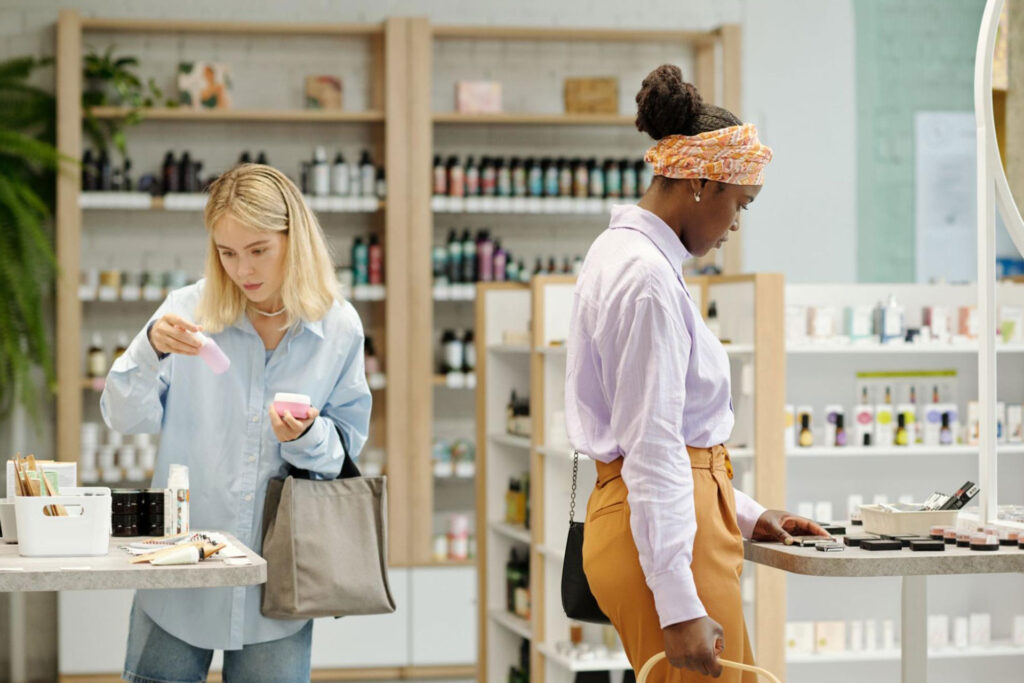
If you have sensitive skin and it gets extra irritated when you wear a face mask, try to reduce the skincare products you use. This is because the more skincare products you use, the thicker the layer will be on your face. So when your face is covered by a face mask and some skincare products aren’t still absorbed by the skin, it can cause some irritation. Avoid using skincare products that are likely to irritate the skin or react to sweat and humidity when you’re going to wear a face mask. Let your skin breathe and only apply products that are essential to protect your skin. Don’t overdo the layering of your skincare products.
9. Go to a Professional for Treatment
Like any other acne problem, you can go for skincare products that are specifically designed for acne solutions or acne treatment. But for worse cases, it’s best to seek professional help from board-certified dermatologists to get it treated properly. These professionals are ideally more equipped to know and assess your skin condition and provide you with the right medication or treatment.
10. Make Sure Your Hands are Clean
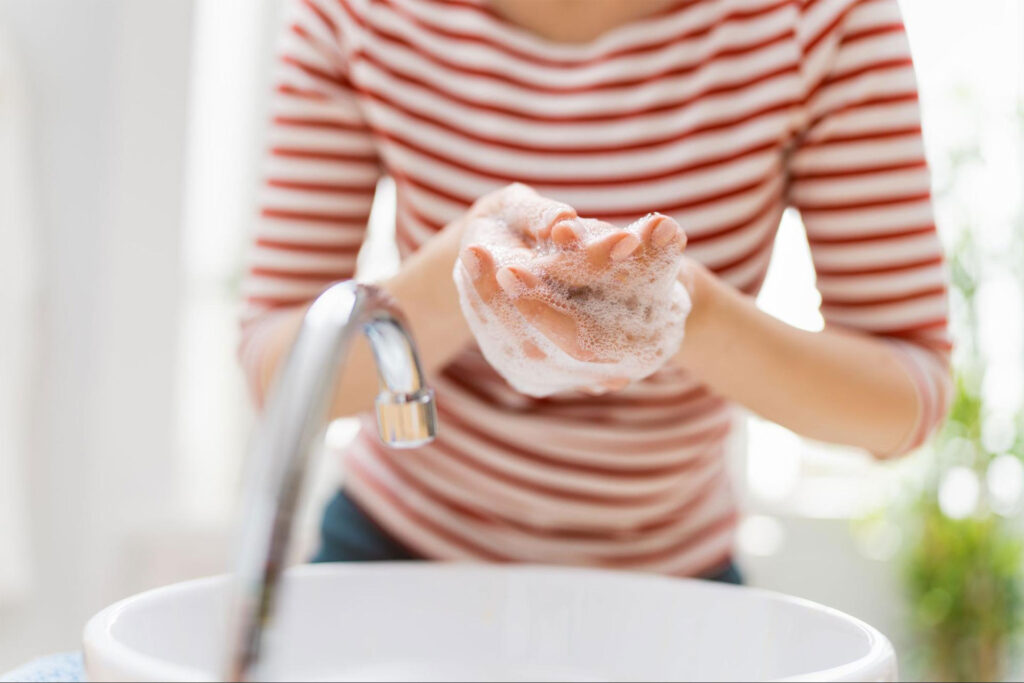
Make sure to wash your hands before you wear a face mask to avoid transferring dirt or germs from your hands to your mask and onto your face. This is especially important if you tend to or have a habit of touching your face unnoticeably.
Maskne or just acne in general can really be a hassle and may cause you to feel conscious of the way you look. But thankfully, there are ways or solutions to help you prevent them from further developing on your face. It may take a while to fully get rid of the acne, particularly when it has gone worse, but the good thing is that you’re making progress and you’re practicing preventive measures to keep acne problems at bay.
Are you looking for Skincare Products in the Philippines? Visit our page! We have a variety of items for you to browse! Like our Facebook page for updates!

